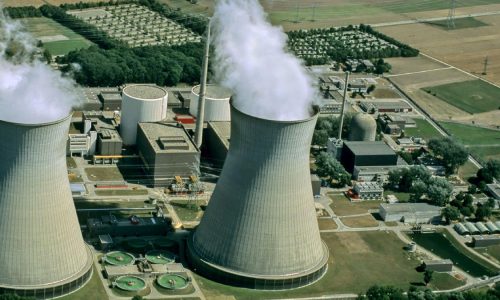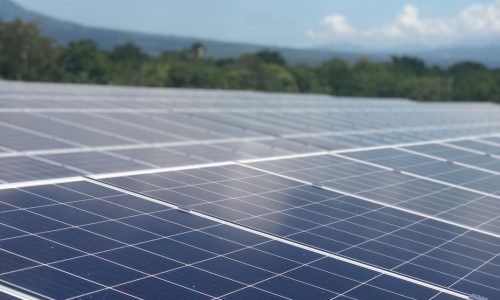PT Daikin Industries Indonesia (DIID), a part of the global Daikin network, has completed the construction of its new air conditioner (AC) manufacturing plant at the Greenland International Industrial Center (GIIC) in Cikarang, West Java on Thursday, December 12, 2024.
This facility marks Daikin’s first full-scale AC plant in Indonesia, where the entire production process − from raw material processing to finished products − will be carried out domestically.
Faisol Riza, Deputy Minister of Industry, visited the plant and expressed his appreciation for Daikin’s role in supporting the development of Indonesia’s manufacturing sector.
“The implementation of mandatory Indonesian National Standards (SNI) for air conditioners, as outlined in Minister of Industry Regulation (Permenperin) No. 34/2013, is an important regulatory step that will enhance product quality, strengthen industrial competitiveness, and reduce dependency on imports,” Faisol said as quoted in a statement on Thursday, December 12, 2024.
He emphasized that the establishment of Daikin’s full-scale factory is a testament to the positive synergy between the private sector and the government in achieving shared goals − promoting economic growth, creating jobs, and strengthening Indonesia’s position in the global manufacturing market.
“We hope Daikin’s efforts will inspire other companies to contribute to the creation of a stronger and more sustainable industry,” Faisol said.
The plant, which began construction in December 2022, is designed to meet Daikin’s global quality standards and integrates over 100 years of Daikin’s expertise in air conditioning technology, along with the skills of the local workforce.
Khamhaeng Boonthavee, President Director of DIID, cited that as the first full-scale AC factory in Indonesia, the plant will handle all production processes domestically − from selecting and processing raw materials to manufacturing the finished products.
“Each stage of production will be monitored and carried out according to Daikin Global standards in Japan to ensure the highest quality products that meet the needs of Indonesian consumers,” he said.
Sustainability
The new facility, with a total investment of Rp3.3 trillion (US$206 million), incorporates several sustainability initiatives:
- First, in terms of architecture, Daikin has designed the building’s façade to reduce solar radiation, and uses low-emissivity (LOW-E) glass and roof insulation to minimize heat load.
- Second, in terms of equipment, Daikin has ensured the use of energy-efficient AC units, solar panels for power generation, and heat recovery ventilation systems.
- Finally, in terms of operations, Daikin has developed a monitoring system for energy use across the entire factory.
Budi Mulia, Director of DIID, added that the plant, located on a 20-hectare site, has met various requirements, such as the Domestic Component Level (TKDN), the Indonesian National Standards (SNI), and the Energy Efficiency Certificate (SHE).
“As part of Daikin’s commitment to the TKDN program, this factory aims to achieve a TKDN level of over 40 percent by 2025,” Budi said.
Furthermore, Budi revealed that the plant has begun mass production, with an annual production capacity of 1.5 million units of residential air conditioners once it reaches full operational capacity.
“With all preparations in place, we are looking forward to introducing Daikin’s locally-made air conditioners to the Indonesian market by mid-2025,” he said.









